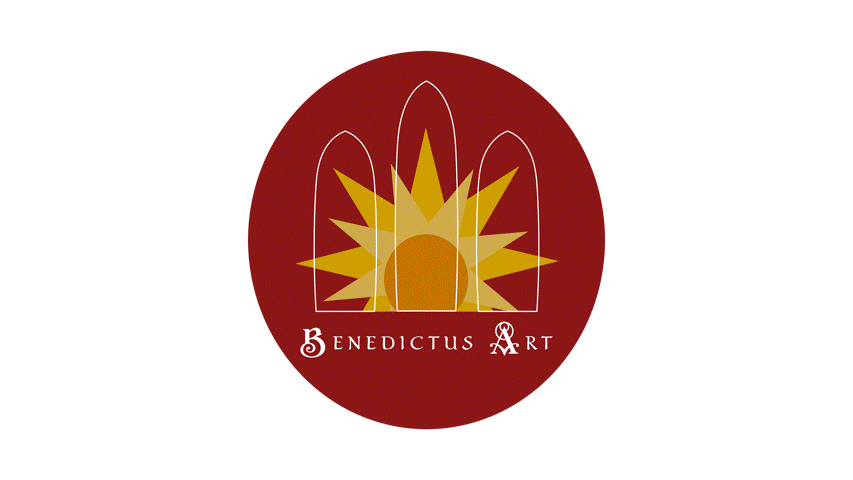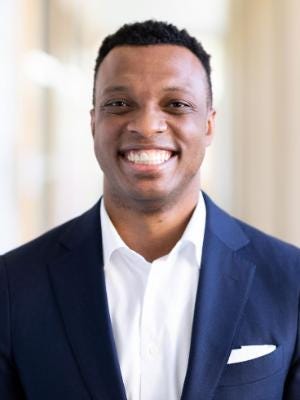As an Amazon Associate I earn from qualifying purchases
Rescuing Socrates: How the Great Books Changed My Life and Why They Matter for a New Generation, by Roosevelt Montás, Princeton, NJ: Princeton University Press, 2021, xii + 237 pp., $24.95 (hardcover).
At a perilous cultural moment when the value of classical education faces escalating challenges from ascendant technical and economic paradigms, Roosevelt Montás’ memoir Rescuing Socrates emerges as a timely apologia for the Western intellectual tradition’s enduring capacity to catalyze students’ moral and spiritual growth. Weaving an introspective personal narrative with erudite analysis, Montás makes an impassioned case that by providing ballast against modern alienation and relativism, liberal education centered upon seminal texts nurtures habits of searching self-examination indispensable for human freedom. Though the text issues an urgent call to preserve humanities curriculums, its arguments ultimately transcend narrow “culture wars” polemics; rather, Rescuing Socrates offers a capacious vision of transformative education that fosters self-aware democratic citizenship able to navigate profound 21st-century challenges.
Organized as an extended engagement with four seminal thinkers—Augustine, Plato, Freud and Gandhi—who proved pivotal to his intellectual development, Montás’ memoir richly illustrates classic texts’ profound power to catalyze and lend meaning to students’ intellectual and ethical journeys. For example, Montás first encounters Augustine’s Confessions amidst agonizing first-year struggles with religious faith and a sense of extreme alienation as an undergraduate new immigrant at Columbia University. Despite initial reluctance towards Augustine’s theological perspective, grappling with the Confessions helps Montás make sense of his gnawing imposter syndrome and cultural homelessness by revealing universal dimensions of the human condition. Years later, revisiting Augustine through teaching leads to critical insights about the interpersonal dynamics that allow such a radical text to catalyze transformation. As Montás explains, impactful humanistic teaching requires an intimate “bond between the teacher and student” grounded in mutual truth seeking rather than hierarchical transmission of static knowledge (43).
While the memoir fruitfully interweaves personal revelation with close textual analysis, Montás also offers extended commentary explicating foundational convictions about the nature and purposes of liberal education. According to Montás, the fundamental mission of liberal learning is to address the ethical question “What is worth striving for?”, rather than to communicate empirical facts about the world. Through communal wrestling with difficult yet seminal texts across vastly different historical and cultural contexts, Great Books curriculums nurture habits of searching self-examination and teach students to subject inherited assumptions to rigorous scrutiny regarding human nature, dignity and potential. Contrasting such an open-ended exploratory ethos with ascendant careerist, profit-driven models that treat education as mere job training, Montás ultimately argues for the universal value of liberal learning in nurturing thoughtful, purposeful democratic citizenship able to move beyond polarized tribalism.
Beyond chronicling how foundational Western thinkers catalyzed his ethical and intellectual maturation, Montás also thoughtfully explores complex tensions surrounding liberal education’s vexed relationship to marginalized identities and perspectives shut out of historical canons, such groups have often experienced purportedly “universal” claims as tools of exclusion rather than intellectual liberation. While arguing that engagement with the likes of Plato and Augustine enabled a profound sense of solidarity transcending the parochial assumptions of his Dominican immigrant community, Montás also acknowledges credible critiques of the Western canon’s narrowness. However, he ultimately argues that diversifying reading lists should supplement, not supplant, substantial collective wrestling with touchstone thinkers that demonstrably shaped the development of contemporary cultural and civic institutions.
In addition to lauding liberal learning’s capacity to nurture personal growth, Montás stresses its urgent importance for strengthening democratic cohesion during a period of metastasizing polarization and social fragmentation. As ideological divisions harden into hostile tribalism, Montás suggests that returning to thinkers who grappled profoundly with universals like truth, freedom and justice can help defuse polarization’s malignant cultural forces. Rather than imposing artificial homogeneity, Montás contends sustained dialogue with intellectual touchstones that transcend ephemeral partisan fixations nurtures habits of good-faith reasoning, nuance, and perspective-taking indispensable for functional democratic deliberation.
Beyond abstract analysis, Montás movingly shares how pivotal classics enabled him to make sense of wrenching life experiences. For instance, reading Gandhi’s autobiography helped Montás process childhood traumas related to his father’s absence and adjust to the pain of separation from his mother. Elsewhere, Montás suggests that Freud’s teachings about the unconscious personality helped him achieve greater self-awareness and equanimity during a frenzied period of overwork and ambition. Through disclosing vulnerabilities and pivotal engagements with transformative texts, Montás puts a human face on intellectual life, portraying the Western tradition not as a remote impenetrable edifice, but as an unfinished transgenerational conversation that remains open to new questions and diverse interlocutors.
By chronicling his intellectual maturation through transformative mentors, analyzing textual turning points through key dramatis personae, and articulating an expansive vision of liberatory liberal learning, Rescuing Socrates offers a poignant testament to the humanities’ enduring civic importance. Besides making valuable scholarly contributions regarding the Western canon’s merits and limitations, Montás articulates an inclusive, ethics-focused articulation of liberal education’s democratic purposes suited to our fraught era of hyper-partisanship and tribal fragmentation. All scholars and educators concerned with higher education reform, great books curriculums, immigration experiences and Western intellectual history will find his memoir a rewarding and timely read full of resonant insights into classics’ power to reshape lives by nurturing self-aware citizenship. Through eloquent advocacy of an intellectual tradition catastrophically imperiled by short-term thinking and disciplinary overspecialization, Montás’ voice emerges as essential listening for all who care about transformative learning that respects the hard-won insights of bygone eras while catalyzing progress toward still-unrealized ideals.
Theon Hill is Co-Director of the Wheaton Center for Faith & Innovation and Associate Professor of Communication at Wheaton College. His research explores the relationship between rhetoric and social change related to race, culture, and American politics. Specifically, he examines the role of radical rhetoric as a crucial form of civic engagement and public advocacy. His previous work on rhetoric and social change in political, social movement, and religious contexts has appeared in edited collections and scholarly journals.




